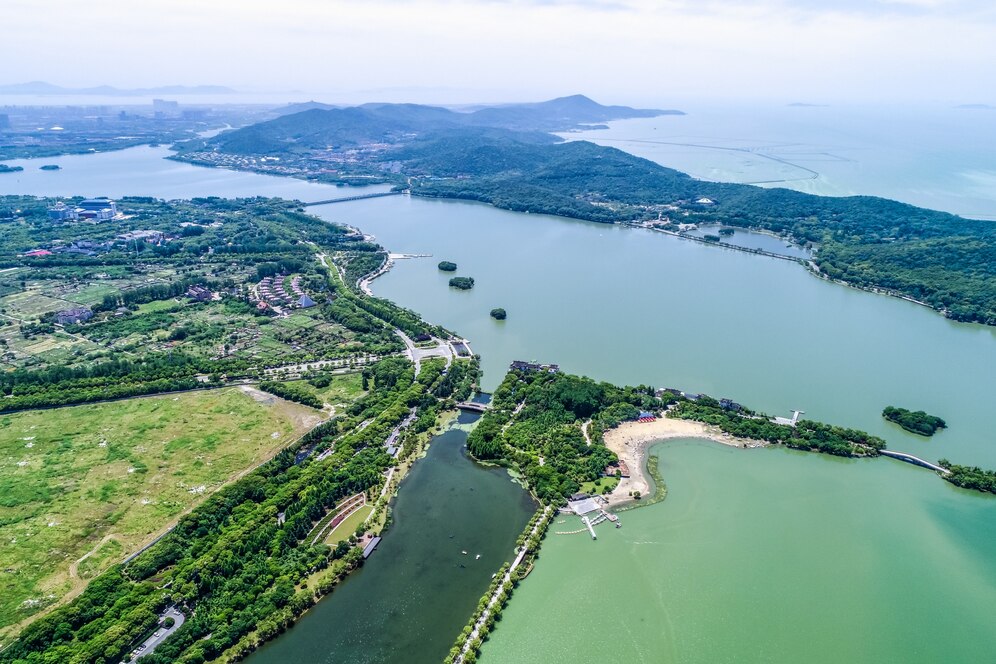Introduction
Wetlands are among the most biologically diverse and productive ecosystems on Earth, providing invaluable ecological services such as water filtration, flood control, and habitat for diverse flora and fauna. However, wetlands are often subject to degradation and loss due to human development activities. Lake maintenance companies play a crucial role in wetland mitigation, employing strategies to restore and preserve these vital ecosystems. This article explores the significance of wetland mitigation and the innovative approaches utilized by lake maintenance companies to promote ecological balance and biodiversity conservation.
The Importance of Wetland Mitigation
Preserving Biodiversity Hotspots
Wetlands support a remarkable array of plant and animal species, many of which are uniquely adapted to these dynamic environments. By preserving and restoring wetlands, lake maintenance companies help safeguard biodiversity hotspots and protect endangered species. Wetlands also serve as essential stopover points for migratory birds, making their preservation critical for maintaining healthy populations of avian species.
Implementing Wetland Restoration Techniques
Hydrological Restoration
Many degraded wetlands suffer from altered hydrological regimes, leading to diminished water retention and decreased habitat quality. Lake maintenance companies employ hydrological restoration techniques such as ditch plug removal, levee breaching, and water level management to recreate natural water flow patterns and improve wetland function. By restoring hydrological connectivity, these companies enhance habitat suitability for wetland-dependent species.
Enhancing Wetland Resilience
Native Vegetation Establishment
The establishment of native vegetation is essential for enhancing the resilience of restored wetlands and promoting ecosystem stability. Lake maintenance companies prioritize the planting of native wetland species, such as cattails, sedges, and willows, to stabilize soils, filter pollutants, and provide habitat for wildlife. By mimicking natural wetland vegetation communities, these companies accelerate ecological succession and facilitate the recovery of degraded wetland ecosystems.
Conclusion
Wetland mitigation is essential for preserving biodiversity, protecting water quality, and mitigating the impacts of climate change. Lake maintenance companies play a critical role in implementing wetland restoration and preservation strategies that promote ecological balance and resilience. By partnering with these companies, communities can contribute to the conservation of wetland ecosystems and ensure their continued provision of vital ecological services for future generations.





